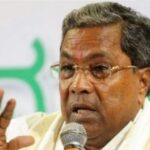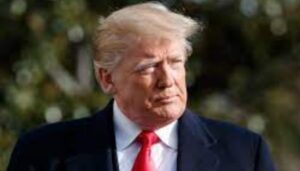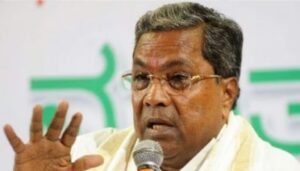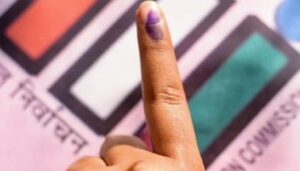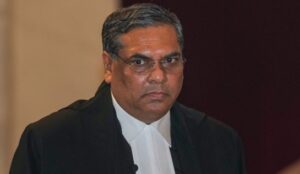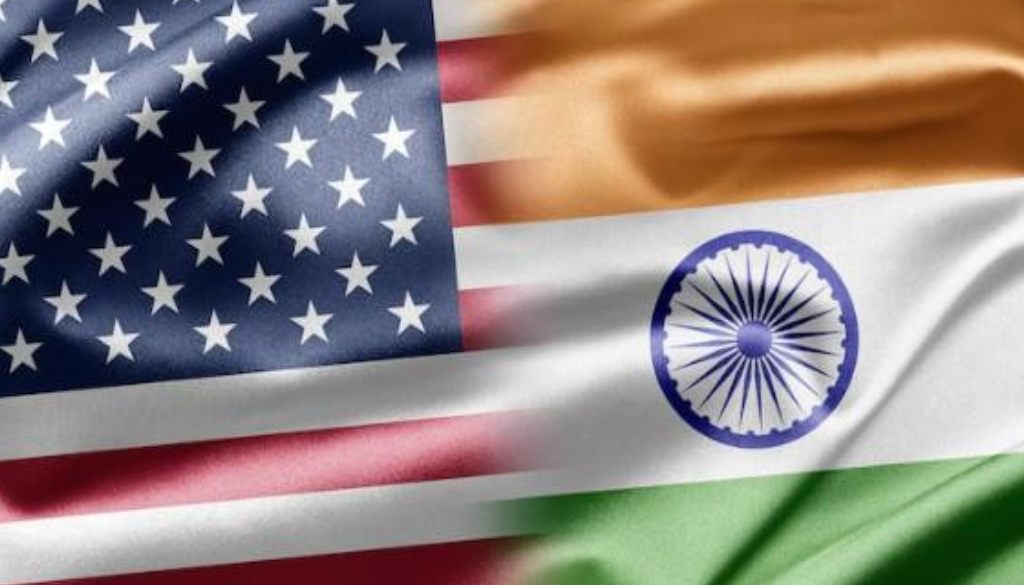
US Religious Freedom Panel Recommends Sanctions Against India’s RAW Over Alleged Plots
Washington, 26th March 2025: The United States Commission on International Religious Freedom (USCIRF) has called for targeted sanctions against India’s external intelligence agency, Research and Analysis Wing (RAW), over its alleged involvement in assassination plots targeting Sikh separatists. In its annual report released on Tuesday, the commission also claimed that the treatment of religious minorities in India continues to deteriorate, with rising attacks and discrimination.
The USCIRF recommended that the US government designate India as a “country of particular concern” for religious freedom violations. The panel also suggested imposing targeted sanctions against RAW and former Indian intelligence officer Vikash Yadav, who was charged in connection with a foiled assassination plot in the US.
The commission’s report highlighted that Prime Minister Narendra Modi and his Bharatiya Janata Party (BJP) allegedly “propagated hateful rhetoric and disinformation against Muslims and other religious minorities” during the 2024 Lok Sabha election campaign. The panel expressed concern over the continued deterioration of religious freedom conditions in India throughout 2024.
Analysts suggest that the US has long viewed India as a counterbalance to China’s growing influence in Asia and other regions, which has led to overlooking human rights issues in India. However, it remains unlikely that the US government will act on the panel’s recommendation to sanction RAW, as these recommendations are not binding.
The issue of alleged Indian involvement in plots targeting Sikh separatists has strained US-India relations since 2023. The indictment of Vikash Yadav in connection with a thwarted plot against pro-Khalistan leader Gurpatwant Singh Pannun on American soil further complicated bilateral ties.
India has consistently denied any involvement in such operations and views Sikh separatists as security threats. The Indian government has yet to respond to the USCIRF’s latest recommendations.
The USCIRF, a bipartisan US government advisory body that monitors religious freedom abroad and makes policy recommendations, also targeted Vietnam in its report. The commission suggested that Vietnam, like India, be designated as a “country of particular concern” due to its alleged efforts to regulate and control religious affairs.
Human rights advocates have pointed to various challenges facing Indian minorities, including an increase in hate speech, a citizenship law deemed “fundamentally discriminatory” by the UN, anti-conversion laws, the revocation of Kashmir’s special status, and the demolition of properties owned by Muslims.
The Indian government and Prime Minister Modi have consistently denied any discrimination, asserting that their policies, such as electrification projects and subsidy programs, benefit all communities equally. India has previously dismissed US State Department reports on human rights and religious freedom as “deeply biased”.
As tensions continue to simmer between the two nations over these allegations, the impact of the USCIRF’s recommendations on US-India relations remains to be seen. The US government’s response to these suggestions will likely be closely watched by international observers and human rights organizations in the coming weeks.


